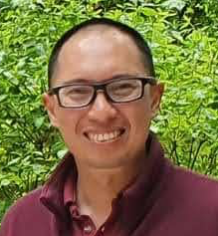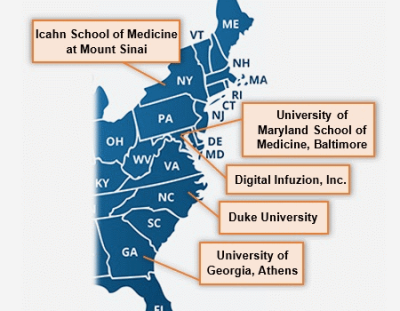- B-HIVE: HIV Interaction and Viral Evolution Center, Seattle Children’s Research Institute, Seattle, WA
- CRNA: Center for RNA Studies, University of Michigan, Ann Arbor, MI
- CHEETAH Center for the Structural Biology of HIV Infection, Restriction and Viral Dynamics University of Utah, Salt Lake City, UT
- DCHSB: Duke Center for HIV Structural Biology
- HARC: HIV Accessory and Regulatory Complexes Center, University of California, San Francisco
- PCHPI: Pittsburgh Center for HIV Protein Interactions, University of Pittsburgh, PA
Research
Research Areas
Grants & Contracts
Clinical Trials
News & Events
About NIAID
Website Policies and Notices



